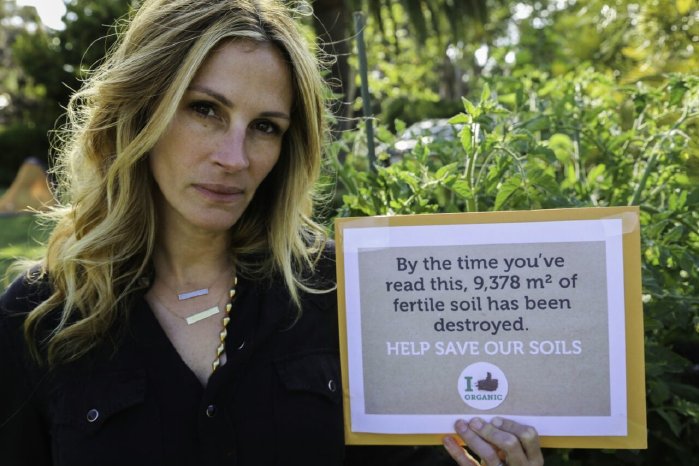Soil is a great reservoir of biodiversity containing one-third of all living organisms. It is estimated that 95% of our food is directly or indirectly produced on soils. Yet they are being depleted at an alarming rate thus endangering the planet's ability to sustainably nourish the world. Alternatives are needed. Organic Agriculture has established itself as a viable solution to the chemical farming of the mainstream, with about two million organic producers supplying a market worth over 55 billion Euros. However, with organic farmland just 1% of all agricultural land, greater innovation, awareness and political will is needed to reach a critical mass. Consumer demand for organic is increasing but the political appetite for true sustainability in agriculture has yet to follow suit.
The Organic Week in the Biodiversity Park of the Expo Milano, 03-05 September, will feature a number of presentations and discussions on these topics and more.
The first day examines the state of our soils and sees leading experts such as Helen Browning, Soil Association, Tobias Bandel, Soil & More, and John D. Liu, Environmental Education Media Project & Commonland Foundation take to the stage. They will highlight the urgent need to conserve soils and the instrumental role Organic Agriculture can play in doing so. In declaring 2015 the International Year of Soils, the United Nations has also acknowledged that without healthy soils, we cannot feed the world.
The second day will address the question of feeding the planet sustainably. Tim LaSalle, leading organic consultant, and Frank Mechielsen, Hivos, are just two of the speakers who will examine how the current industrial food production system is exacerbating poverty and hunger as well as the impacts of climate change. Greater consumer awareness of the true social, environmental and economic costs of food production is needed.
The third day will look at the future of organic, 'Organic 3.0'. The organic sector is enjoying continuous growth, awareness of the benefits of organic is increasing and many farmers and even entire countries such as Bhutan are keen covert to 100% organic. In this session Volkert Engelsman, Eosta, Andre Leu, IFOAM Organics - International, Pablo Tittonell, Wageningen University and Urs Niggli, FiBL, will share their expertise on what is needed to successfully navigate the industry forward, and how we can learn from the past to make the future better, sustainable, and organic.
You can find more information about Expo Milano here and the program for the Organic Week here.



